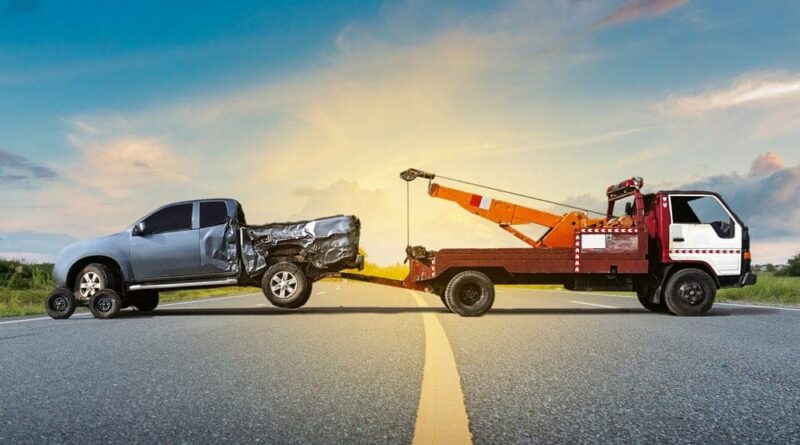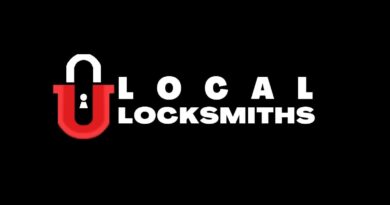Essential Tools and Equipment for DIY Towing
Towing a vehicle on your own can be a cost-effective and convenient solution in certain situations, such as moving a disabled car or transporting a second vehicle. However, DIY towing requires the right tools and equipment to ensure safety and efficiency. This guide outlines the essential items you need for a successful towing experience and provides tips for their proper use.
1. Tow Straps or Chains
Tow straps and chains are fundamental for connecting the towed vehicle to the towing vehicle.
- Tow Straps: Made from durable nylon or polyester, these are ideal for lighter vehicles.
- Chains: Suitable for heavier loads, but they require careful handling to avoid damage to vehicles.
Always check the weight rating of your tow straps or chains to ensure they can handle the load safely.
2. Tow Hitch and Receiver
A tow hitch is installed on the towing vehicle to attach the tow bar or trailer. Common types include:
- Class I-IV Hitches: Used for towing smaller vehicles or trailers.
- Fifth-Wheel Hitches: Ideal for larger trailers or RVs.
Ensure your vehicle is equipped with the appropriate hitch for the job, and verify that the tow hitch is securely attached.
3. Tow Bar
A tow bar is a sturdy metal framework that connects the towed vehicle to the towing vehicle.
- Adjustable Tow Bars: Provide flexibility for different vehicle sizes.
- Rigid Tow Bars: Offer a fixed, reliable connection for specific setups.
Proper installation is critical to ensure the tow bar stays secure during transit.
4. Trailer or Tow Dolly
If the towed vehicle needs to be lifted off the ground, a trailer or tow dolly is essential.
- Trailers: Provide full support by carrying the entire vehicle.
- Tow Dollies: Lift the front wheels of the vehicle, leaving the rear wheels on the ground.
These tools are particularly useful for long-distance towing or vehicles with significant mechanical issues.
5. Safety Chains
Safety chains are a backup connection between the towed and towing vehicles. In case the primary connection fails, these chains prevent the towed vehicle from detaching completely.
Tips for Using Safety Chains:
- Cross the chains under the tow bar to provide additional support.
- Ensure they are properly secured but not too tight, allowing for some movement during towing.
6. Brake System and Lights
For legal and safety reasons, the towed vehicle must have functional brakes and lights.
- Brake Controllers: Synchronize the brakes of the towing and towed vehicles for smoother stops.
- Tow Lights: Ensure the towed vehicle’s brake and turn signals are visible to other drivers.
Many states require additional lighting for towed vehicles, so check local regulations before towing.
7. Tire Straps or Wheel Nets
These secure the wheels of the towed vehicle to the tow dolly or trailer.
- Prevent the vehicle from shifting during transportation.
- Reduce the risk of damage to the tires or suspension.
Always double-check that the straps or nets are tight and positioned correctly.
8. Jack and Lug Wrench
Flat tires can occur unexpectedly, even during towing. A high-quality jack and lug wrench allow you to:
- Quickly change a tire.
- Adjust the towing setup if needed.
Keep these tools easily accessible in your towing kit.
9. Gloves and Safety Gear
Towing can be physically demanding, and safety gear is crucial for protecting yourself.
- Work Gloves: Protect your hands while handling straps, chains, or heavy equipment.
- Reflective Vests: Improve visibility when working near roads.
Additional Tip:
Always carry a first-aid kit in case of minor injuries during the process.
10. Professional Backup Option
While DIY towing can save money, having a professional service on standby is always wise. A reliable tow truck Fort Wayne can handle complex situations and provide assistance when DIY efforts fall short.
Conclusion
DIY towing requires careful planning, the right tools, and a focus on safety. From tow straps to safety chains, each piece of equipment plays a vital role in ensuring a smooth towing experience. While handling simple tasks on your own is feasible, never hesitate to contact a professional tow truck Fort Wayne service for challenging scenarios or emergencies. This way, you can ensure your vehicle is transported safely and securely.




